Monday, March 16, 2009
WHO ON ALTERNATIVE MEDICINE
World Health Organization
Traditional medicine
Traditional medicine is an ancient medical practice that existed in human societies before the application of modern science to health. It has evolved to reflect different philosophical backgrounds and cultural origins. Although modern medicine is widely spread, traditional medicine still exists in all countries and areas in the Western Pacific Region. Interest in traditional medicine has increased over the last decade and seems likely to continue. People in many countries are now more prepared to look for alternative approaches to maintain their health. Demands for traditional medicine from the public and the growing economic importance of traditional medicine have led to increased interest on the part of both governments and academic communities in the Region.
Traditional medicine can be defined as the knowledge, skills and practices of holistic health care, recognized and accepted for its role in the maintenance of health and the treatment of diseases. It is based on indigenous theories, beliefs and experiences that are handed down from generation to generation (Development of National Policy on Traditional Medicine, Manila, WHO, 2000).
Traditional medicine
Traditional medicine is an ancient medical practice that existed in human societies before the application of modern science to health. It has evolved to reflect different philosophical backgrounds and cultural origins. Although modern medicine is widely spread, traditional medicine still exists in all countries and areas in the Western Pacific Region. Interest in traditional medicine has increased over the last decade and seems likely to continue. People in many countries are now more prepared to look for alternative approaches to maintain their health. Demands for traditional medicine from the public and the growing economic importance of traditional medicine have led to increased interest on the part of both governments and academic communities in the Region.
Traditional medicine can be defined as the knowledge, skills and practices of holistic health care, recognized and accepted for its role in the maintenance of health and the treatment of diseases. It is based on indigenous theories, beliefs and experiences that are handed down from generation to generation (Development of National Policy on Traditional Medicine, Manila, WHO, 2000).
Subscribe to:
Post Comments (Atom)

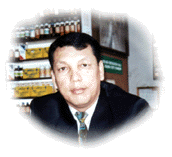







![Deputy Director [ Rangkaian ] Nik Omar Homeopathic Medical Centre](https://blogger.googleusercontent.com/img/b/R29vZ2xl/AVvXsEjsHTqPBBr8dMeOgogdpo2KFhk6qdFtM9dipacBjrFy-PyUCNxzhxjIKES-Rj92V4xmhowigHk0C0IaIJPDNx62rY7cg_Mqv0bIM9MHkl7XlQBX7MBqQ7-BOG3xxRwPHOKxoa-yc00ffWas/s230/IMG_2988.JPG)
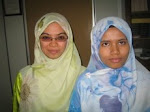




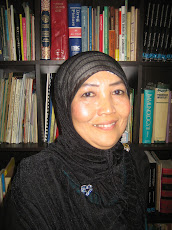

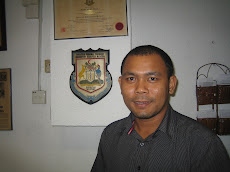







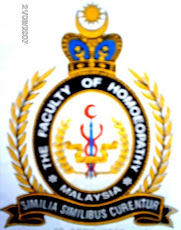

No comments:
Post a Comment